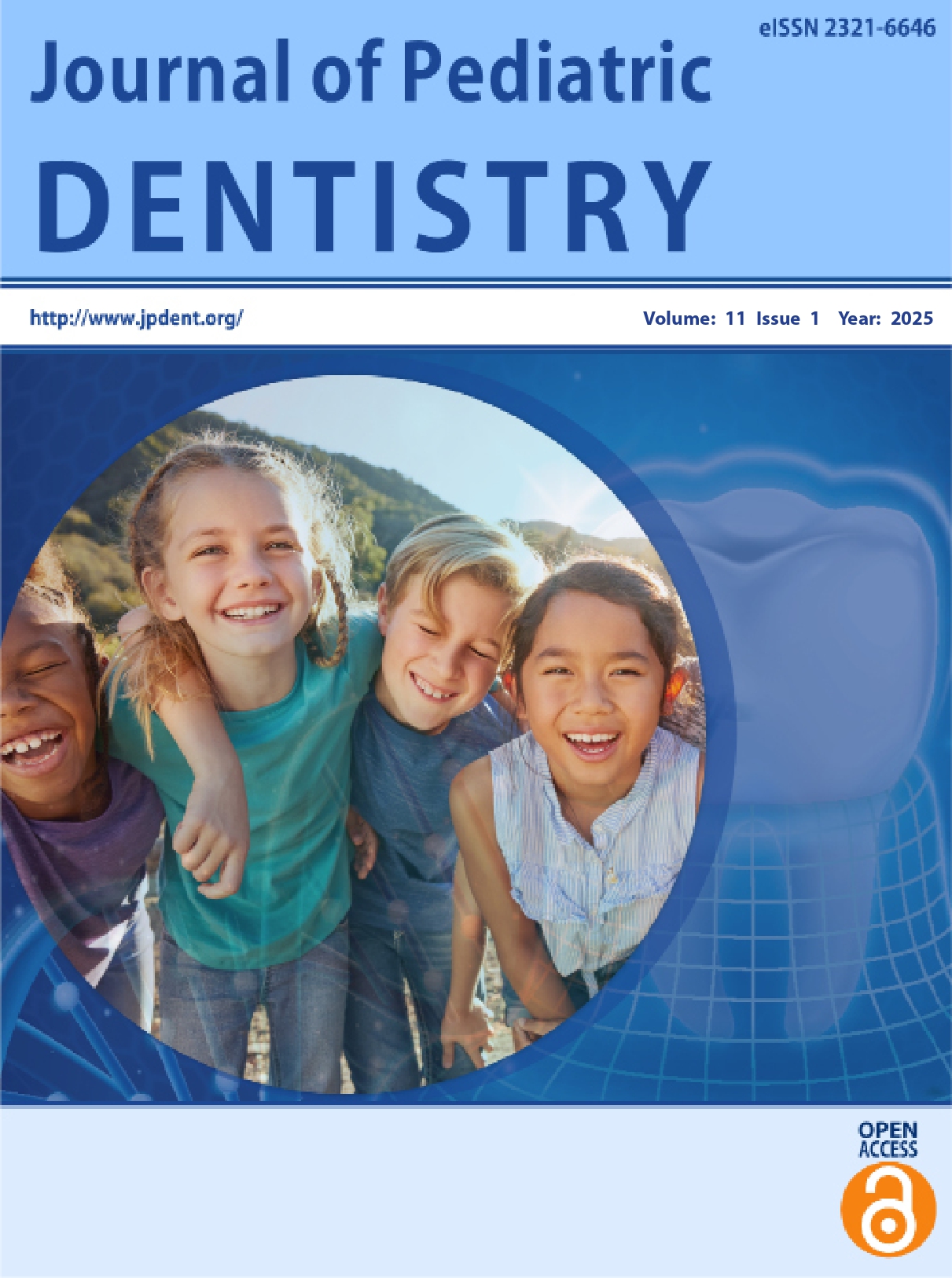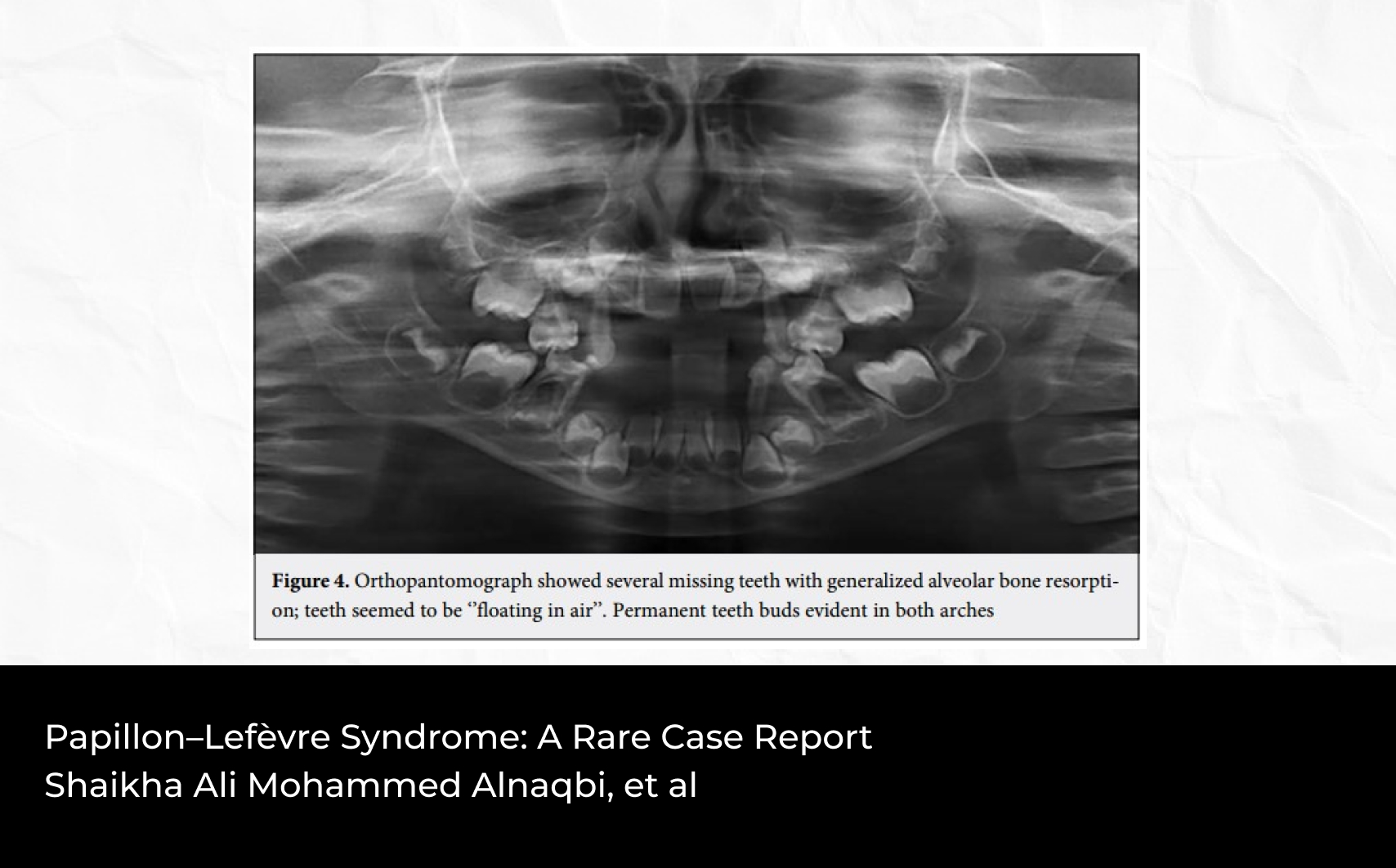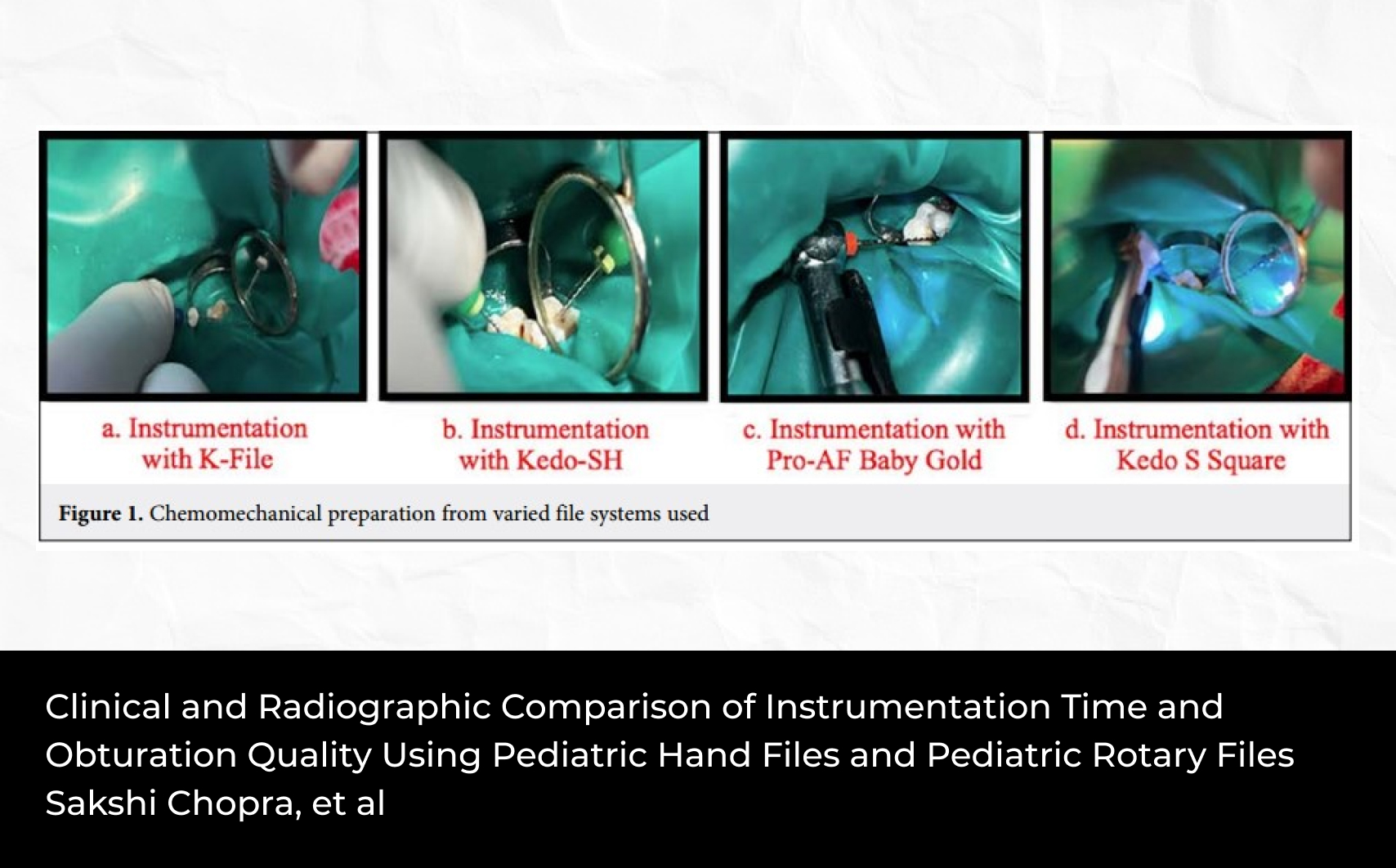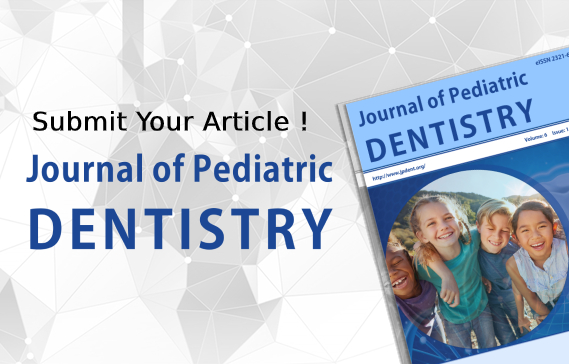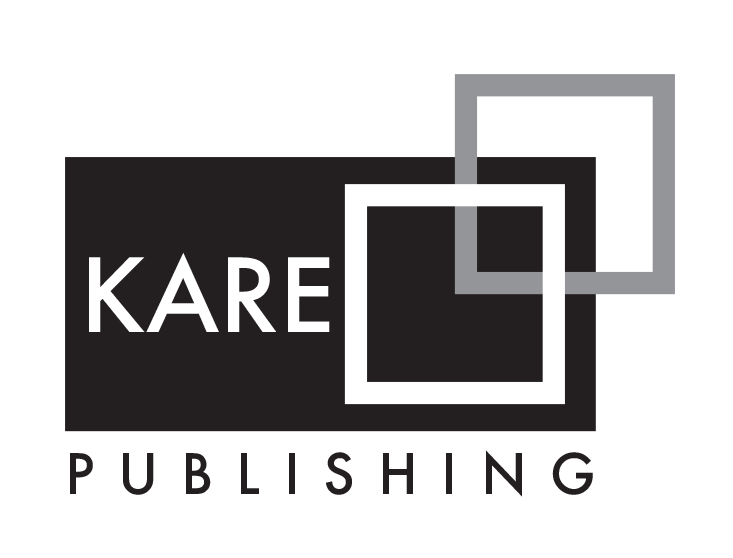Abstract
Objective: Dental anxiety and intelligence quotient (IQ) are multifactorial entities that affect the behavior of the child in the dental clinic. This study aims to correlate dental anxiety measured by the Children Drawing: Hospital (CD:H) Scale and SEM with the IQ levels measured by the Binet Kamat Test among children aged 6–8 years.
Materials and Methods: This cross-sectional study included 100 children, aged 6–8 years that required pulp therapy. The child’s IQ was tested by the Binet Kamat Test. Then pulp therapy of the mandibular molar was performed under local anesthesia. After the treatment session, each child was asked to draw a picture of a person in a dental clinic. The child was given a paper and eight crayons. CD:H scale and Human figure drawing test were used along with the SEM and Frankel scales. Two blinded examiners did the scoring of the drawings: A pediatric dentist and a psychologist. Correlation of the IQ and dental anxiety was done after the collection of results from both tests.
Results: Dental anxiety measured by the CD:H scale by the psychologist showed a statistically significant relationship.
Conclusion: Dental anxiety measured by the CD:H scale by the psychologist showed a positive correlation.

